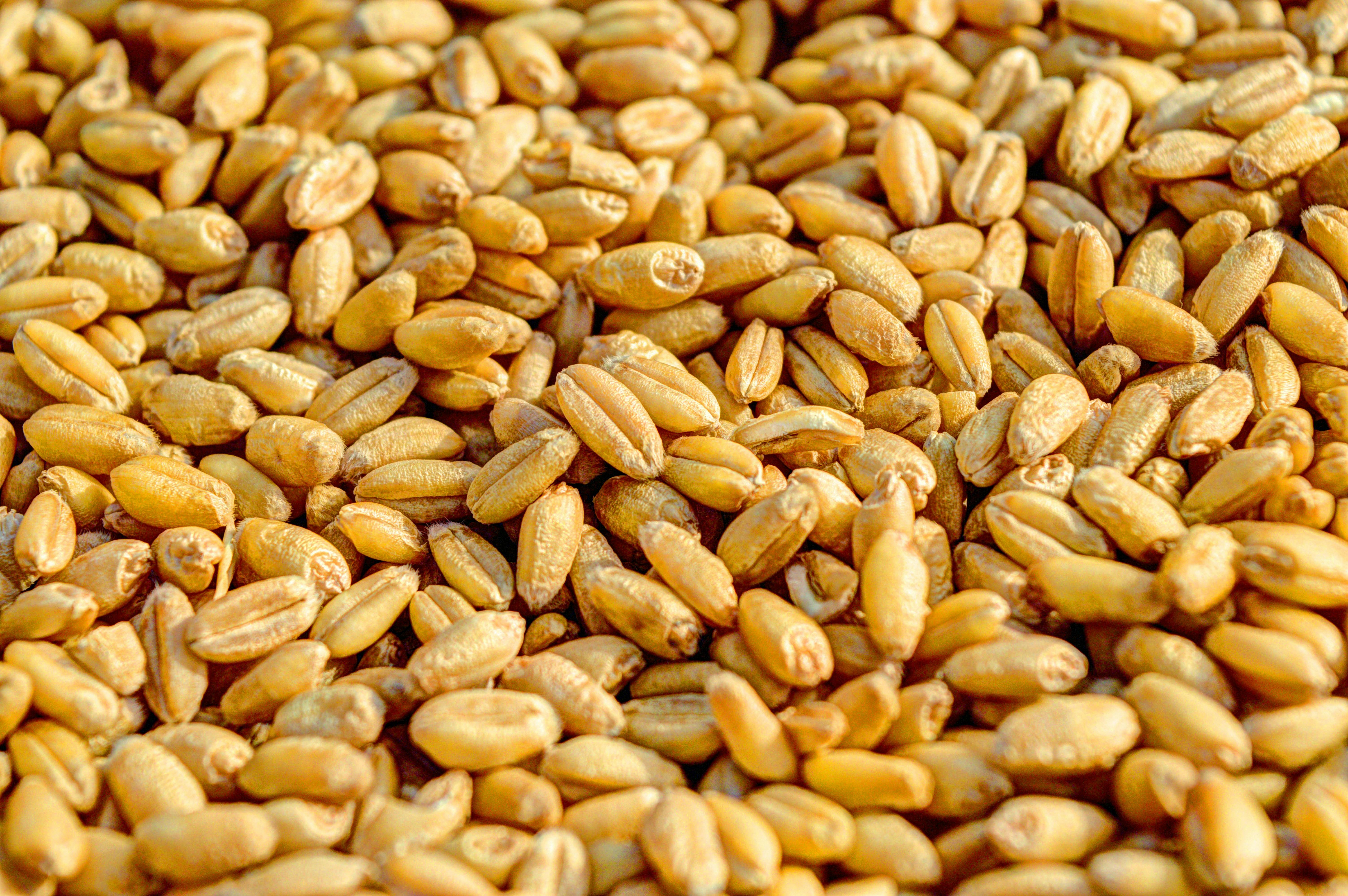Unveiling the Power of Plant-Based Diets: A Deep Dive into Nutritional Benefits
Plant-based diets are not a recent phenomenon or a trend that suddenly took over the health and wellness industry. The roots of such dietary practices can be traced back to ancient civilizations. The ancient Greeks, for instance, were known for their predominantly vegetarian diet, which they believed contributed to their mental and physical well-being. Similarly, many religions like Buddhism, Jainism, and Hinduism have long promoted vegetarianism as a way of life.

Fast forward to the 21st century, and plant-based diets have gained renewed attention in the wake of growing health awareness and concern for environmental sustainability. Today, the plant-based diet is not just a lifestyle choice for a select few but has become a mainstream movement, embraced by millions worldwide.
The Science Behind Plant-Based Diets
A plant-based diet primarily consists of foods derived from plants, including vegetables, grains, nuts, seeds, legumes, and fruits, with little to no animal products. The primary nutritional advantage of such a diet is the abundance of essential nutrients, including dietary fiber, antioxidants, and phytochemicals, that are typically deficient in diets high in processed foods and animal products.
Research has repeatedly shown that a well-planned plant-based diet can provide all the necessary nutrients our bodies need while significantly reducing the risk of many chronic diseases. For instance, a study published in the Journal of the American Heart Association found that plant-based diets are associated with a lower risk of heart disease.
Managing Diseases with Plant-Based Diets
Besides being an excellent approach to preventive healthcare, plant-based diets can also play a significant role in managing various diseases. The power of plants in disease management is primarily due to their high nutrient content and low amounts of unhealthy fats and sugars.
For example, the American Diabetes Association recognizes plant-based diets as an effective tool for type 2 diabetes management. Such diets can help control blood sugar levels as they are low in saturated fats and high in fiber, which slows down the absorption of sugars into the bloodstream and prevents spikes in blood glucose.
Moreover, plant-based diets have been shown to be beneficial in managing heart diseases and high blood pressure. They can help lower blood pressure and cholesterol levels, thereby reducing the risk of heart disease. A study published in the Journal of Nutrition reported a significant reduction in heart disease risk among individuals following a plant-based diet.
The Impact of Plant-Based Diets on the Environment
Adopting a plant-based diet isn’t just good for our bodies; it’s also beneficial for our planet. According to a report by the United Nations, livestock farming contributes significantly to greenhouse gas emissions, deforestation, and water pollution. On the contrary, plant-based diets require fewer resources and contribute less to climate change, making them a more sustainable dietary choice.
The trend towards plant-based diets has also affected food industry dynamics, leading to an upsurge in the demand for plant-based alternatives to meat, dairy, and other animal products. This shift is not only driving innovation in food technology but also helping to reduce the environmental impact of our dietary choices.
Final Thoughts: Embracing the Power of Plants
While the benefits of plant-based diets are manifold, it’s essential to approach them mindfully. Not all plant-based diets are created equal. A diet rich in whole, unprocessed plant foods offers the most health benefits, whereas a diet high in processed plant-based foods may not provide the same advantages.
It’s also crucial to remember that adopting a plant-based diet doesn’t necessarily mean eliminating all animal products. Many people find a balance by following a predominantly plant-based diet while still including small amounts of animal products.
However, anyone considering a shift towards a plant-based diet should consult a healthcare professional or a dietitian to ensure nutritional adequacy. With the right planning and knowledge, a plant-based diet can indeed be a powerful tool for improving health, managing diseases, and contributing to a more sustainable future.



